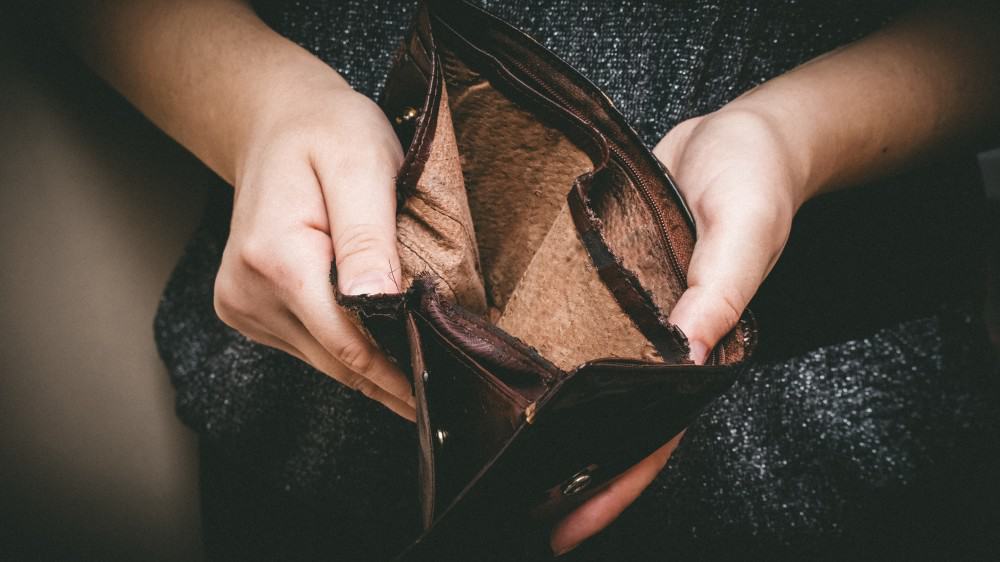According to the Consumer Prices Index, UK inflation is now running at 3.2% year on year. So what does this mean for your wallet? And how can you protect the value of your cash? Here’s everything you need to know.
[top_pitch]
What is the current rate of inflation?
On 15 September, the Office of National Statistics (ONS) reported that the rate of inflation, measured by the Consumer Prices Index, now stands at 3.2% (August 2020 to August 2021). This is an increase of 2% since July, and it is the largest rise the ONS has ever seen since it began reporting in 1997.
What is the Consumer Prices Index?
The Consumer Prices Index (CPI) measures changes in prices over time. It is calculated by looking at price changes for thousands of goods and services. It’s commonly referred to as measuring the price rises of a typical ‘basket of goods’.
For more on the CPI, see our article on how inflation is measured.
Why is inflation rising?
The ONS has pointed to lower clothing prices in July as one of the reasons behind a surge in inflation over the past month.
The government’s ‘Eat Out to Help Out’ scheme, which was in full swing during August 2020, has been cited as another factor. That’s because restaurant prices today are effectively being compared to those from a year ago, where 50% discounts were commonplace.
The ONS report also suggests that short-term VAT reductions – introduced to help stimulate the economy during the height of the pandemic – have contributed to the high inflation figure.
What else does the report say?
The report says that petrol prices have been another key factor in the recent inflation surge. That’s because average petrol prices were 134.6p per litre in August 2021, compared with 113.1p per litre in August 2020.
At 134.6p per litre, petrol prices are now at their highest since September 2013.
Used car prices are also up. Prices have increased by 18.4% since April 2021, and by 4.9% from July to August 2021 alone.
[middle_pitch]
How will the government respond?
At 3.2%, the rate of inflation is now significantly above the government’s 2% inflationary target. As a result, pressure may now mount on the Bank of England (BoE) to increase its base rate from its current all-time low of 0.1%.
Raising the base rate makes lending more expensive, including mortgages, and is widely seen as an effective way of cooling inflation. However, some believe that the BoE has been overly reluctant to raise its base rate in the past to ensure the government can service its rising levels of debt.
It’s also worth knowing that the BoE has repeatedly said that the recent rise in inflation is a ‘temporary’ phenomenon. As a result, it’s probably unlikely to raise its base rate in the near future.
What does rising inflation mean for your wallet?
In simple terms, rising inflation means that the value of your money is falling. So if you have a large mortgage or other large debts, rising inflation may actually be a positive thing. That’s because it can effectively erode the value of your debt. However, whether this applies to you will depend on whether the interest rate on your debt is linked to inflation, or whether or you have a fixed or variable mortgage. If it’s the latter, inflation will have the opposite effect.
If you have savings, there’s no doubt that rising inflation is bad news. That’s because current interest rates on savings accounts are well below the current 3.2% inflation figure. As a result, if you have money stashed away in a savings account, it’s effectively losing value. To learn how to protect yourself, see our article on how you can protect your savings from inflation.
If you’re earning a fixed income and you don’t get a pay rise at least in line with inflation, then rising inflation will also harm your wealth.
Rising inflation and increasing utility bills, such as energy costs, usually go hand in hand. That’s because suppliers may have to recoup the increasing costs of raw materials, and this is often passed on to consumers.
To learn more about the subject, including the general causes of rising inflation, see our article that explores what inflation is.







